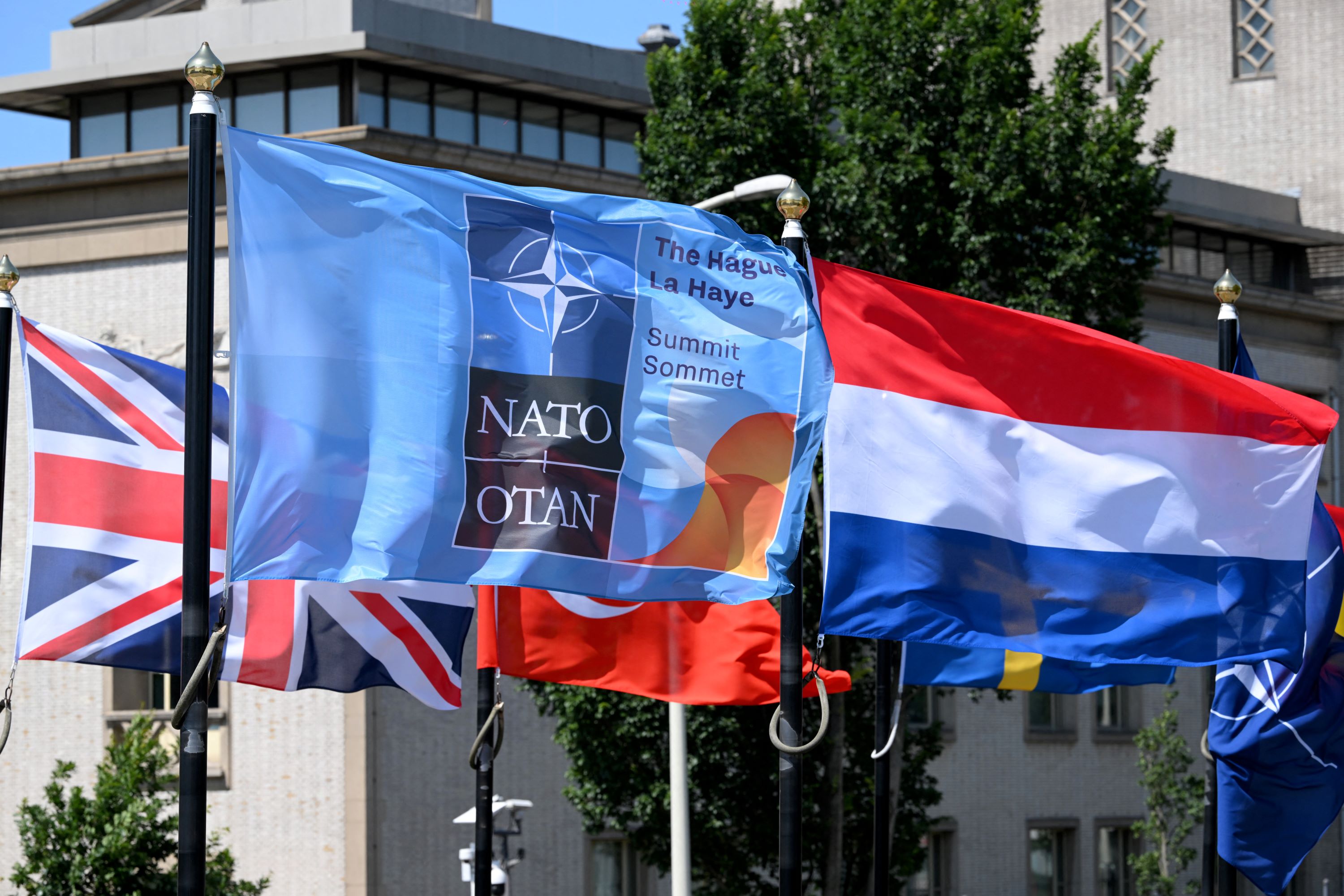
THE HAGUE - The North Atlantic Treaty Organisation's annual summit opened Tuesday in The Hague under tight security, with leaders of member states expected to approve a proposed defense spending target of 5 percent of GDP.
The two-day gathering comes amid rising tensions in the Middle East, following a US airstrike on Iran's nuclear facilities. The Dutch government deployed a multi-layered defense system, including F-35 fighter jets and Patriot missile systems, turning the summit venue into a fortified zone.
Ahead of the summit, NATO's 32 member states agreed on a proposed target to raise defense spending to 5 percent of GDP by 2035. The target includes 3.5 percent for direct military expenditures and 1.5 percent for related investments, such as infrastructure. The proposal will be submitted for approval by heads of state and government at the summit.
ALSO READ: Spain commits to 2.1% defense spending ahead of NATO summit
Eastern European countries have broadly supported the increase, while divisions remain. US President Donald Trump said Washington would not be bound by the 5 percent goal, though he urged other members to meet their commitments. In the lead-up to the summit, Trump reportedly considered skipping the event to pressure allies.
Germany, France and Britain have emphasized defense autonomy and continued support for Ukraine.
Spain, which opposed the 5 percent benchmark, agreed to the softened draft communique but pledged not to be bound by the target, committing instead to maintain defense spending at 2.1 percent of GDP.
READ MORE: Japanese PM cancels trip for NATO summit
This year's summit marks a notable downscaling from last year's Washington meeting – both in duration and substance. With US attention diverted from Ukraine, the issue has been significantly deprioritized: The agenda features fewer Ukraine-related items, and the NATO-Ukraine Council leaders' meeting, a highlight of the previous summit, has been removed entirely.
Similarly, NATO's engagement with Indo-Pacific partners has shifted from a multilateral leaders' meeting to smaller, closed-door sessions between the NATO secretary-general and representatives of relevant countries.
READ MORE: Canada, EU sign security, defense partnership
The summit is also expected to address the fallout from the US strike on Iran, which has drawn international criticism. Some NATO members are urging diplomatic efforts to ease tensions, with discussions likely to touch on the broader Israel-Iran conflict.


